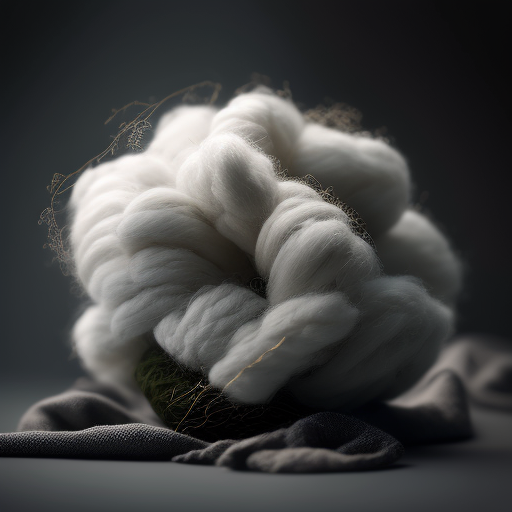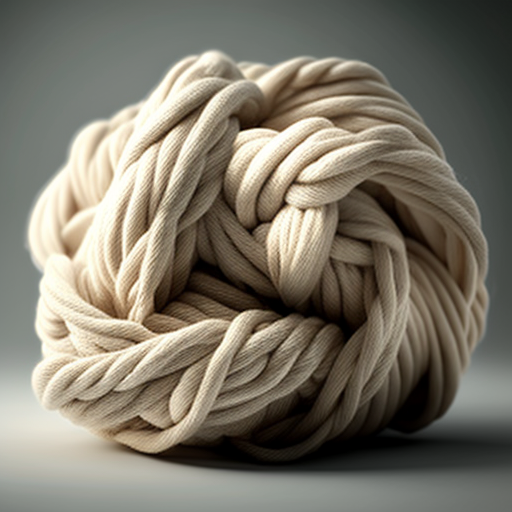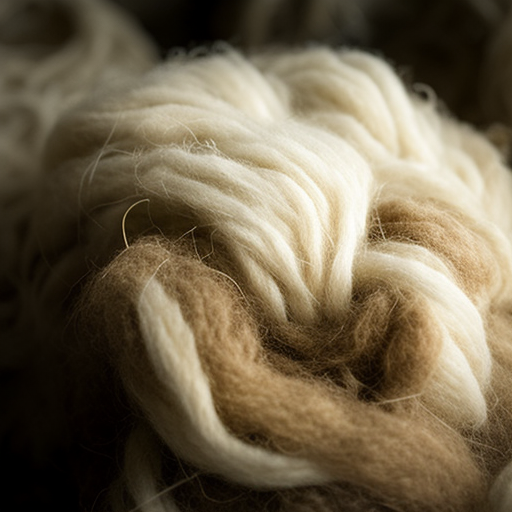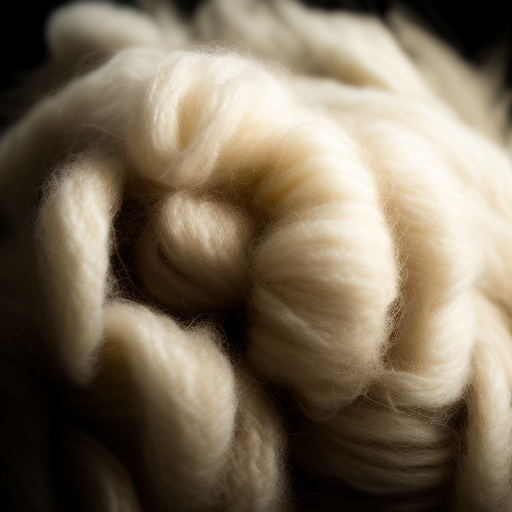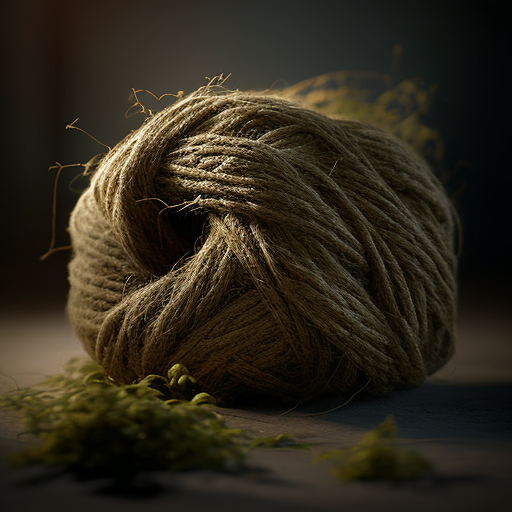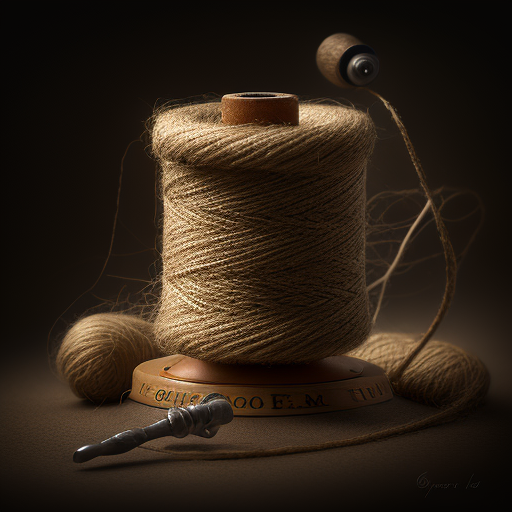
Linen fiber is a natural fiber derived from the stem of the flax plant. Special chemicals are not required to cultivate flax, and the plant grows rapidly in a natural manner. Therefore, linen fiber is considered a sustainable resource.
Less water is required to cultivate flax compared to other crops like cotton. Additionally, the flax plant requires less energy compared to some other plant species. This contributes to water and energy conservation during the production process of linen fiber.
Linen fiber is a recyclable material. Waste linen fiber generated during the yarn production process can be recycled and transformed into new yarn or other products. This allows for more efficient utilization of resources.
Being a natural fiber, linen fiber is biodegradable. After use, it can easily decompose in the environment without causing harm.
The flax plant has soil-enhancing properties and can contribute to rotational farming practices. Moreover, the use of pesticides and fertilizers is typically low in flax cultivation, further reducing environmental impacts.
The use of sustainable linen fiber aims to reduce environmental impacts while preserving natural resources. Linen fiber is preferred in the textile industry as a durable, breathable, and eco-friendly option. Additionally, the use of linen fiber contributes to the promotion of sustainable farming practices.
